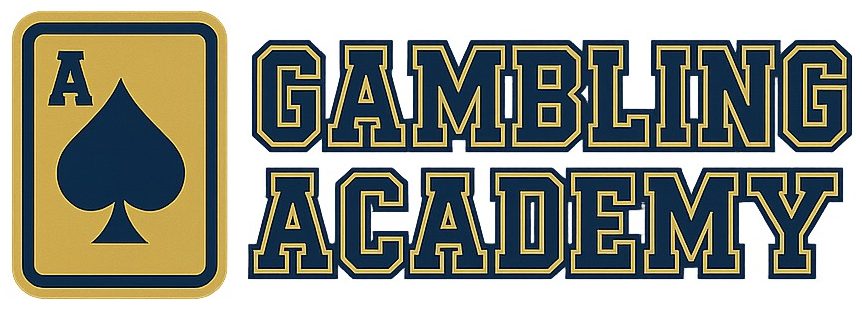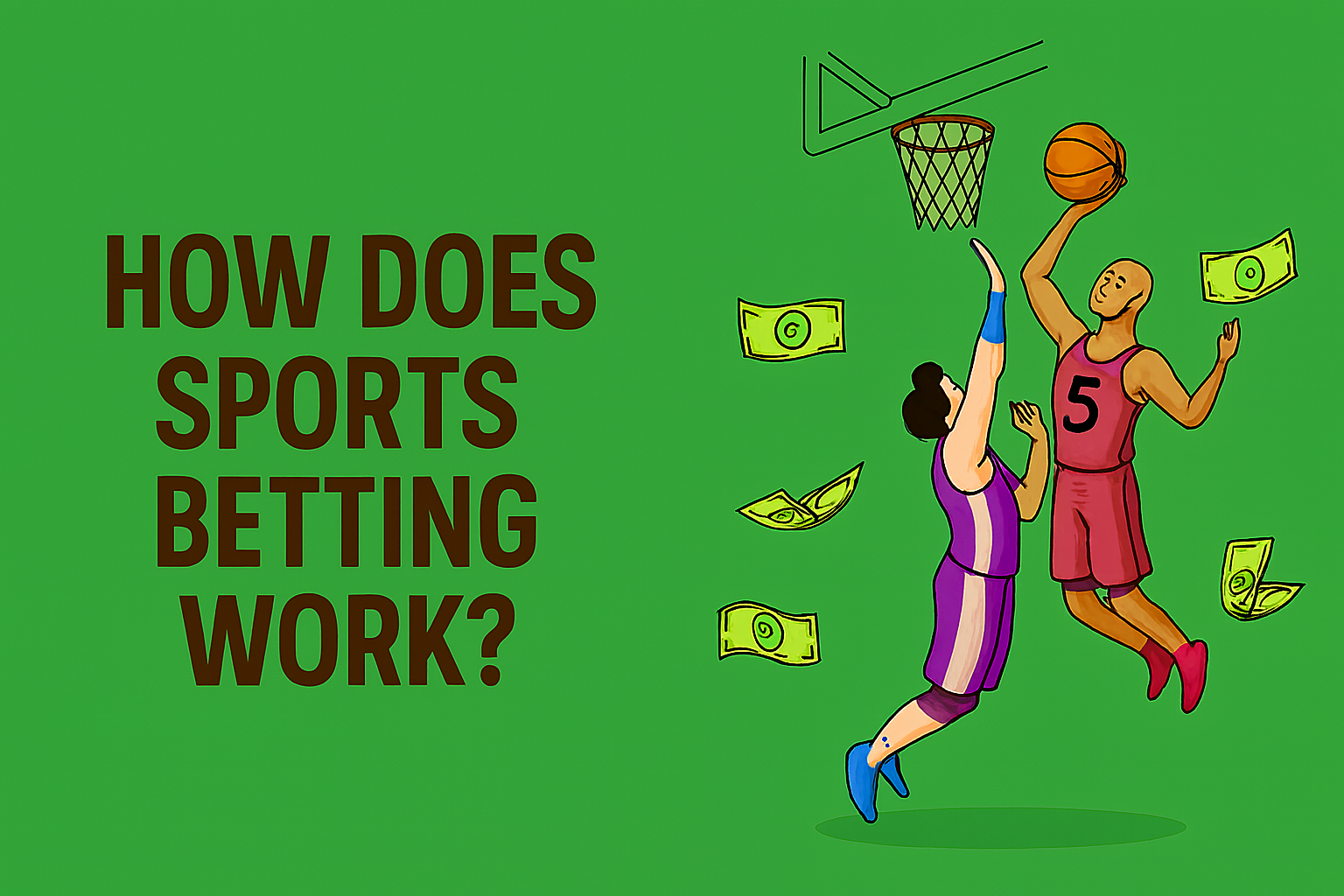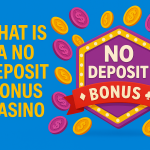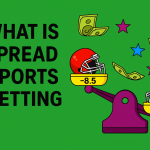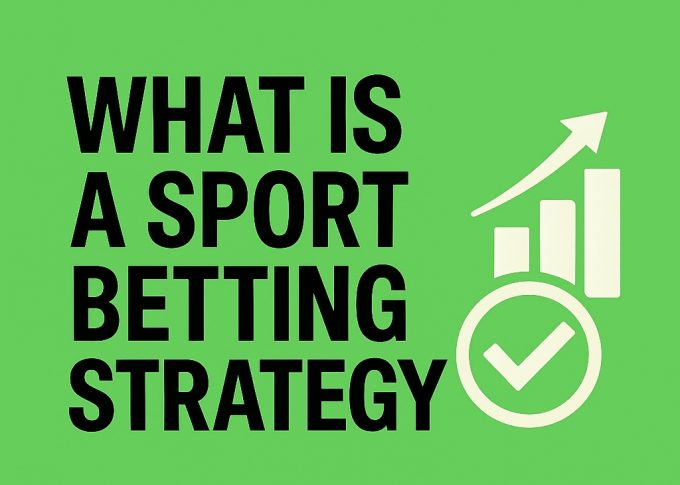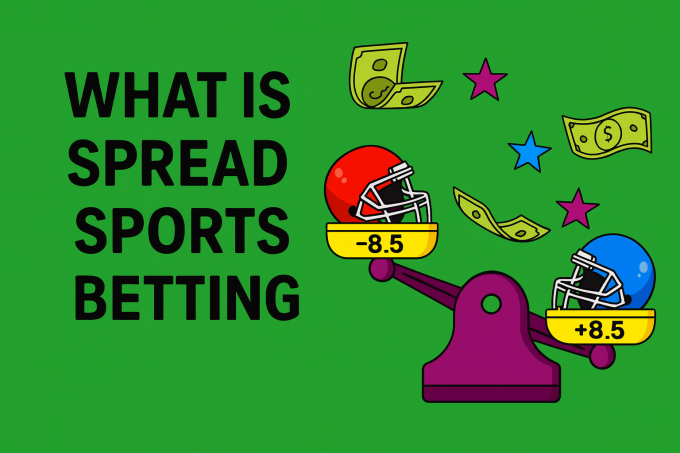Sports betting only makes sense when you know what you are doing. It brings excitement, but it also involves risk, and the only way to manage that risk is through knowledge.
This guide has a simple purpose: to give you a clear path to follow. You will learn how odds represent probabilities, what types of bets exist, and how to identify when a market offers real value instead of just noise.
Even more importantly, you will develop a way of thinking. You will see the mistakes that trap beginners, understand why certain risks appear again and again, and learn how to approach betting with a mindset based on analysis rather than impulses.
What Are Sports Betting?
Sports betting consist of predicting an outcome within a sporting event and placing money on that prediction.
If you’re right, you receive a payout based on the odds. If you’re wrong, you lose your stake.
Many people think it’s just “picking who wins,” but in reality, the world of sports betting includes implied probability, alternative markets, and mathematical adjustments sportsbooks make to maintain their margin.
I always explain that a bet is not intuition it is a probabilistic estimate.
How Odds Work
Odds show two things:
- How much you can win per unit staked.
- How likely the sportsbook believes that result is.
Decimal Odds
Most common in Europe and Latin America.
- 2.00 → For every €1, you receive €2 (stake included).
- 1.50 → Lower payouts because the estimated probability is higher.
Total payout = Stake × Odds
Fractional Odds
Common in the UK.
- 3/1 means for every €1 you win €3 in profit.
- Total payout = stake + profit.
American Odds
- Positive (+140): show how much you’d win with €100.
- Negative (-140): show how much you must stake to win €100.
In my experience, decimal odds are the clearest for beginners.
How Value and Potential Payout Are Calculated
Potential profit:
Profit = (Stake × Odds) − Stake
Example:
€10 × 2.50 = €25 → Profit: €15.
But the most important concept in smart betting isn’t the payout it’s the expected value (EV).
An odd is only “good” if the true probability of the event is higher than the implied probability of the odds.
I always tell beginners: high odds don’t mean opportunity they mean higher risk.
Most Common Types of Sports Bets
I’m expanding this section as you requested. Over the years I’ve seen many beginners get overwhelmed because there are hundreds of markets. Here are the essential ones, explained clearly.
1. Match Winner (1X2)
The classic bet:
- 1 → home team wins
- X → draw
- 2 → away team wins
Example:
Barcelona vs. Sevilla
- 1: 1.60
- X: 4.20
- 2: 5.50
Great for beginners because there are only three outcomes.
2. Over/Under Bets (Totals)
You predict whether something usually goals or points will be higher or lower than the sportsbook’s line.
Example:
Over 2.5 goals → needs 3 or more.
Under 2.5 → maximum 2 goals.
I often recommend this market because the match winner doesn’t matter only the game action.
3. Asian Handicap (AH)
Handicap adjusts the advantage between two teams.
It helps balance uneven matchups.
Examples:
- AH -1.0: your team must win by 2 or more.
- AH +1.0: if your team loses by 1, your stake is refunded.
- AH -0.25 / +0.25: splits your bet into two handicap lines.
A more technical market but often with lower risk than 1X2.
4. Both Teams to Score (BTTS)
BTTS: Yes/No.
You predict whether both teams score at least one goal.
Very popular because it depends on attacking style, not final result.
5. Accumulator Bets (Parlays)
You combine two or more selections.
All must win to get a payout.
Example:
- Over 2.5 goals (1.80)
- Home team wins (1.60)
Combined odds: 1.80 × 1.60 = 2.88
I always warn: combined odds look attractive, but the risk increases a lot with every extra selection.
6. Live Betting (In-play)
You bet while the match is being played.
Exciting, but much more emotional and risky.
Odds update every few seconds based on:
- possession
- scoring chances
- bookings
- goals
- game tempo
Use it only to learn how odds move if you’re just starting.
7. Special Bets (Props)
Bets that don’t depend on the final result.
Examples:
- number of corners
- first goalscorer
- total cards
- shots on target
- player performance
They’re fun but sometimes carry higher house margins.
8. Futures
Long-term betting:
- league champion
- tournament winner
- top scorer
Odds are usually higher because many variables can change over time.
9. Cash Out
Some sportsbooks allow you to settle a bet before the match ends.
Useful for:
- reducing losses
- locking in partial profit
But the sportsbook always keeps part of the value.
Common Mistakes and Myths
❌ “High odds = better bets.”
✅ High odds mean lower probability.
❌ “If I combine five matches, I win easier.”
✅ You win more only if all selections hit; probability drops sharply.
❌ “Live betting is safer.”
✅ It’s more emotional and risky.
❌ “Stats are enough to win consistently.”
✅ Stats help, but randomness always exists.
How to Choose a Smart Bet
From my experience teaching betting fundamentals, here are the basic rules:
- Start with simple markets.
- Avoid long parlays.
- Set a weekly or monthly budget.
- Focus on value, not excitement.
- Analyze context: injuries, style, motivation.
- Don’t bet on your favorite team.
My personal tip:
Think in probabilities, not outcomes.
A casual bettor thinks, “I think they’ll win.”
An educated bettor thinks, “Is the real probability higher than the implied probability?”
Why Understanding the System Matters
Once you understand how odds are set and how sportsbooks build their margin, you can:
- identify inflated or undervalued odds
- avoid emotional mistakes
- make more rational decisions
- understand when to avoid a market
Knowledge reduces risk, though it never eliminates it.
Responsible Gaming
Betting involves real financial risk, even if you believe you have good information.
As an educator, I always repeat:
Never bet money you can’t afford to lose.
Set limits, control your emotions, and take breaks after consecutive losses.
And always check the legality of online betting in your country.
Online gambling involves risk. Always play responsibly and only with money you can afford to lose. Check your local laws before playing.
Conclusion
Sports betting is more than predicting a winner. It requires understanding probabilities, odds, markets, and risk.
If you learn these concepts before depositing money, you can enjoy sports with more knowledge and less impulsivity.
My mission as the Gambling Academy Expert is to help you think analytically.
If you want to keep learning, check our specialized guides.
FAQs
1. What is a “good” odd?
One that offers value based on the true probability of the event.
2. What is the stake?
The amount of money you risk on a bet.
3. Can you live off sports betting?
Not realistically. It’s entertainment with risk, not a stable income.
4. Is cash out a good idea?
Sometimes. It can reduce losses, but you always pay a margin.
5. What is a handicap bet?
An adjustment the sportsbook makes to balance differences between teams.
6. What does Over/Under mean?
Predicting whether a value will be higher or lower than the sportsbook’s line.
7. Are parlays recommended?
Only if you understand the risk. For beginners: not very advisable.
